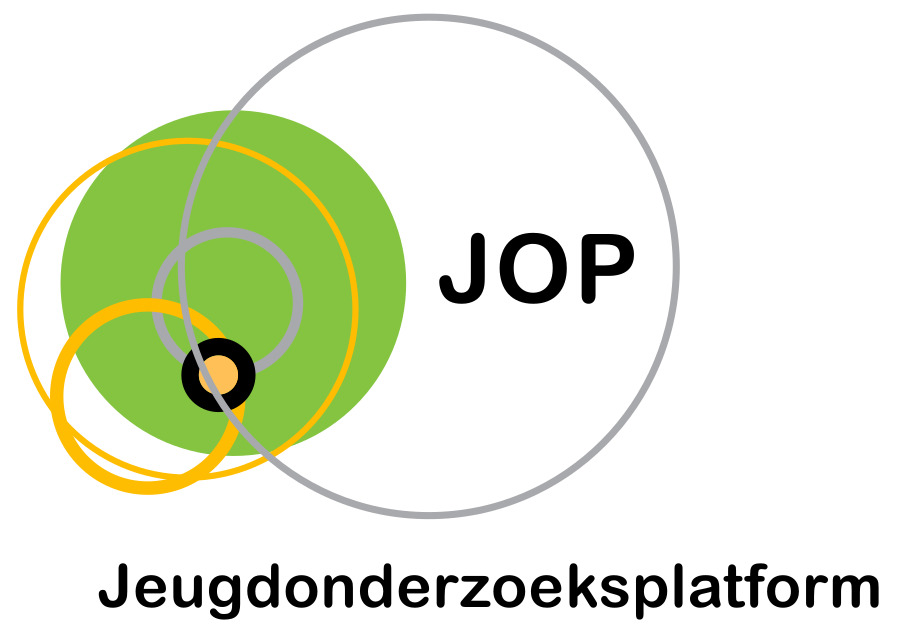Belgium : cultural versus class explanations for ethnic inequalities in education in the Flemish and French communities.
Auteurs
Van Praag, L., Verhoeven, M., Stevens, P., & Van Houtte, M. (2019)

Abstract
This chapter provides a comparative, systematic review of research conducted between 1980 and 2016 on the relationship between ethnicity and educational inequality in the two main political/cultural regions of Belgium (the Flemish Community in Flanders and Brussels – VG and the French Community in the Walloon region and Brussels – FWB). We distinguished five different research traditions: (1) The ‘political arithmetic’ tradition, (2) The ‘culture and educational outcomes’ tradition, subdivided into three smaller streams of studies: ‘Ideologies, cultural schemes and identities’, ‘Motivations and attitudes towards schooling’ and ‘History, constraints and opportunities’, (3) The ‘language proficiency’ tradition, (4) The ‘school effectiveness research’ tradition and (5) The ‘racial and racial discrimination in school’ tradition. Most of the research traditions were found in both research contexts, however, they were not elaborated upon to the same extent in each region. Furthermore, there appeared to be little interaction between both research contexts. While a considerable proportion of research in VG is written in English and to a lesser extent in Dutch, most research in the FWB is written in French. In the VG, both policy and research consider the importance of socio-economic context and highlight the importance of structural school features, such as tracking and ethnic composition in developing ethnic inequalities but focus mainly on cultural features, such as expectations, aspirations, language and prejudice. In the FWB, both researchers and policy makers tend to reduce ethnic inequalities to structural social class inequalities, with cultural differences (between the dominant and minority groups) treated as a consequence of these.
Dit hoofdstuk biedt een vergelijkend, systematisch overzicht van onderzoek dat tussen 1980 en 2016 werd uitgevoerd over de relatie tussen etniciteit en onderwijsongelijkheid in de twee belangrijkste politieke/culturele regio’s van België (de Vlaamse Gemeenschap in Vlaanderen en Brussel – VG en de Franse Gemeenschap in Wallonië en Brussel – FWB). We onderscheidden vijf verschillende onderzoekstradities: (1) De ‘politieke rekenkundige’ traditie, (2) De ‘cultuur en onderwijsresultaten’ traditie, onderverdeeld in drie kleinere stromen van studies: ‘Ideologieën, culturele schema’s en identiteiten’, ‘Motivaties en attitudes ten opzichte van schoolgaan’ en ‘Geschiedenis, beperkingen en kansen’, (3) De ‘taalvaardigheid’ traditie, (4) De ‘onderzoek naar de effectiviteit van scholen’ traditie en (5) De ‘raciale en rassendiscriminatie op school’ traditie. De meeste onderzoekstradities werden in beide onderzoekscontexten aangetroffen, maar ze werden niet in elke regio in dezelfde mate uitgewerkt. Bovendien bleek er weinig interactie te zijn tussen beide onderzoekscontexten. Terwijl een aanzienlijk deel van het onderzoek in de VG in het Engels en in mindere mate in het Nederlands geschreven is, is het meeste onderzoek in de FWB in het Frans geschreven. In het VG houden zowel het beleid als het onderzoek rekening met het belang van de sociaaleconomische context en benadrukken ze het belang van structurele schoolkenmerken, zoals het volgen van leerlingen en de etnische samenstelling bij het ontstaan van etnische ongelijkheden, maar focussen ze vooral op culturele kenmerken, zoals verwachtingen, aspiraties, taal en vooroordelen. In het FWB hebben zowel onderzoekers als beleidsmakers de neiging om etnische ongelijkheden te herleiden tot structurele sociale klassenongelijkheden, waarbij culturele verschillen (tussen de dominante en minderheidsgroepen) behandeld worden als een gevolg daarvan.
Referentie
Van Praag, L., Verhoeven, M., Stevens, P., & Van Houtte, M. (2019). Belgium : cultural versus class explanations for ethnic inequalities in education in the Flemish and French communities. In The Palgrave handbook of race and ethnic inequalities in education (pp. 159–213). https://doi.org/10.1007/978-3-319-94724-2_5
Taal
Engels
